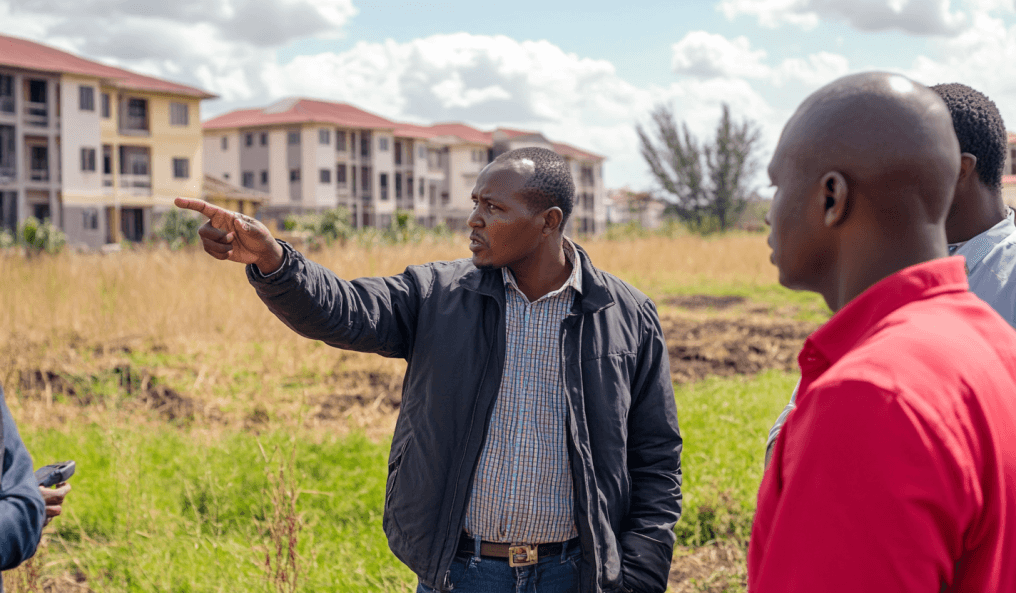Land Reforms in Kenya: Navigating the Changing Landscape of Ownership

Land has always been a contentious and complex issue in Kenya, deeply intertwined with the nation's history, economy, and politics. In response to historical injustices, inefficient systems, and a desire for equitable distribution, Kenya has embarked on a journey of comprehensive land reforms. These reforms profoundly impact the legal framework governing property ownership, land transactions, and investment in **real estate in Kenya**. For property owners, developers, and potential investors, understanding these changes is paramount to navigating the evolving landscape. At **Vineyard Properties**, we stay abreast of these critical developments to provide our clients with accurate and timely advice on all matters concerning **real estate in Kenya**.
1. The Genesis of Land Reforms: Constitutional Mandate
The 2010 Constitution of Kenya ushered in a new era for land management, emphasizing equitable access, security of tenure, transparent administration, and sustainable utilization of land resources. It introduced three categories of land: public, community, and private, each with distinct governance frameworks. This constitutional mandate forms the bedrock upon which subsequent land legislation and reforms have been built, aiming to address historical grievances and streamline land administration for all **real estate in Kenya**.
2. Key Legislative Instruments and Their Impact
Several key pieces of legislation have been enacted to operationalize the constitutional provisions:
a. The Land Act, 2012:
This Act consolidated various laws on land, providing for the classification of land, tenure systems (freehold, leasehold), and mechanisms for acquisition and disposition. It also introduced requirements for land use planning and conservation.
b. The Land Registration Act, 2012:
This Act streamlined land registration processes, moving towards a unified, digital land registry. Its aim is to enhance efficiency, reduce fraud, and provide greater security of title. The ongoing implementation of the **Ardhi Sasa** digital platform is a direct outcome of this Act, promising a transparent future for **real estate in Kenya** transactions.
c. The Community Land Act, 2016:
This landmark legislation recognized community land as a distinct category, providing for its registration, management, and protection. It aims to empower communities to manage their ancestral lands and benefit from them, while also clarifying land rights that were previously ambiguous.
d. The Physical and Land Use Planning Act, 2019:
This Act replaced the old Physical Planning Act, providing a comprehensive framework for spatial planning, land use zoning, and development control. It is crucial for orderly urban and rural development, directly impacting the potential for development and value of parcels within **real estate in Kenya**.
3. The Shift to a Digital Land Registry (Ardhi Sasa)
Perhaps the most significant reform impacting daily land transactions is the ongoing digitization of land records under the **Ardhi Sasa** platform. This initiative aims to:
- **Enhance Transparency:** Reduce opportunities for corruption and fraud.
- **Improve Efficiency:** Speed up land searches, transfers, and registration processes.
- **Increase Security of Tenure:** Provide an immutable digital record of land ownership.
- **Streamline Services:** Make it easier for citizens to access land-related services online.
While the transition has had its initial challenges, its successful implementation promises a more secure and efficient environment for all transactions in **real estate in Kenya**.
4. Implications for Property Owners and Investors
These reforms have several key implications:
- **Increased Security of Title:** With digitized records and clearer land laws, the risk of fraudulent land transactions is expected to decrease, making investments more secure.
- **Improved Planning and Development:** The new planning laws promote orderly development, which can enhance the value of properties in well-planned areas.
- **Complexity for Unregistered Land:** Owners of unregistered community or private land need to understand the new registration requirements to formalize their ownership.
- **Due Diligence is Still Key:** Despite reforms, thorough due diligence remains paramount when acquiring property in **real estate in Kenya**. Verification of titles and adherence to legal processes is crucial.
- **Opportunities in New Sectors:** Clarification of community land rights might open up new investment opportunities in previously inaccessible areas.
Conclusion: Navigating Progress in Kenya's Land Sector
Kenya's land reforms are an ambitious undertaking aimed at creating a more equitable, efficient, and transparent land administration system. While the journey is ongoing, the direction is clear: towards enhanced security of tenure and streamlined processes that will ultimately benefit investors and property owners in **real estate in Kenya**. Staying informed about these changes is not just about compliance, but about capitalizing on new opportunities and mitigating risks. At **Vineyard Properties**, our team of experts provides up-to-date information and professional guidance on navigating the complex legal framework of land ownership in Kenya. Partner with us to ensure your land and property investments are secure, compliant, and poised for future growth in the evolving landscape of **real estate in Kenya**.
Tags

Lilian Wanjiru
Senior Market Analyst at Murivest Realty Group with over 10 years of experience in commercial real estate investment and market research. Sarah specializes in identifying emerging market trends and investment opportunities in Nairobi's commercial property sector.
